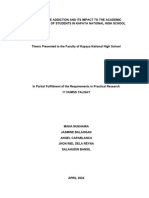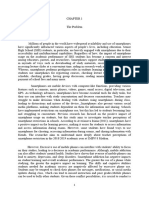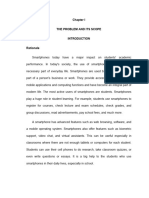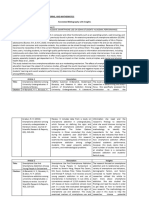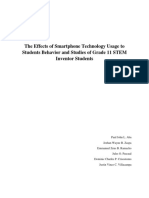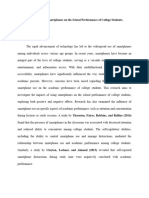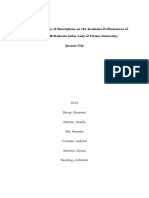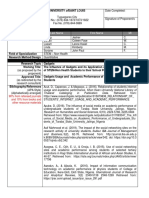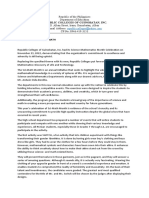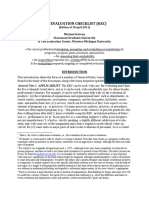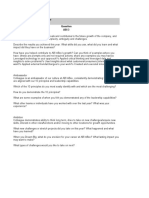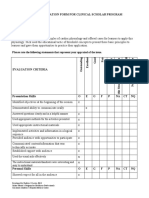0% found this document useful (0 votes)
26 views6 pagesFormulating A Research Problem
This study investigates the impact of smartphone addiction on high school students' academic performance, highlighting how excessive use can disrupt focus, sleep, and cognitive abilities. It aims to identify the underlying factors contributing to this addiction and propose interventions to promote responsible usage. The research emphasizes the importance of addressing this issue to enhance educational outcomes and overall student well-being.
Uploaded by
Jinky AydallaCopyright
© © All Rights Reserved
We take content rights seriously. If you suspect this is your content, claim it here.
Available Formats
Download as DOCX, PDF, TXT or read online on Scribd
0% found this document useful (0 votes)
26 views6 pagesFormulating A Research Problem
This study investigates the impact of smartphone addiction on high school students' academic performance, highlighting how excessive use can disrupt focus, sleep, and cognitive abilities. It aims to identify the underlying factors contributing to this addiction and propose interventions to promote responsible usage. The research emphasizes the importance of addressing this issue to enhance educational outcomes and overall student well-being.
Uploaded by
Jinky AydallaCopyright
© © All Rights Reserved
We take content rights seriously. If you suspect this is your content, claim it here.
Available Formats
Download as DOCX, PDF, TXT or read online on Scribd
/ 6

